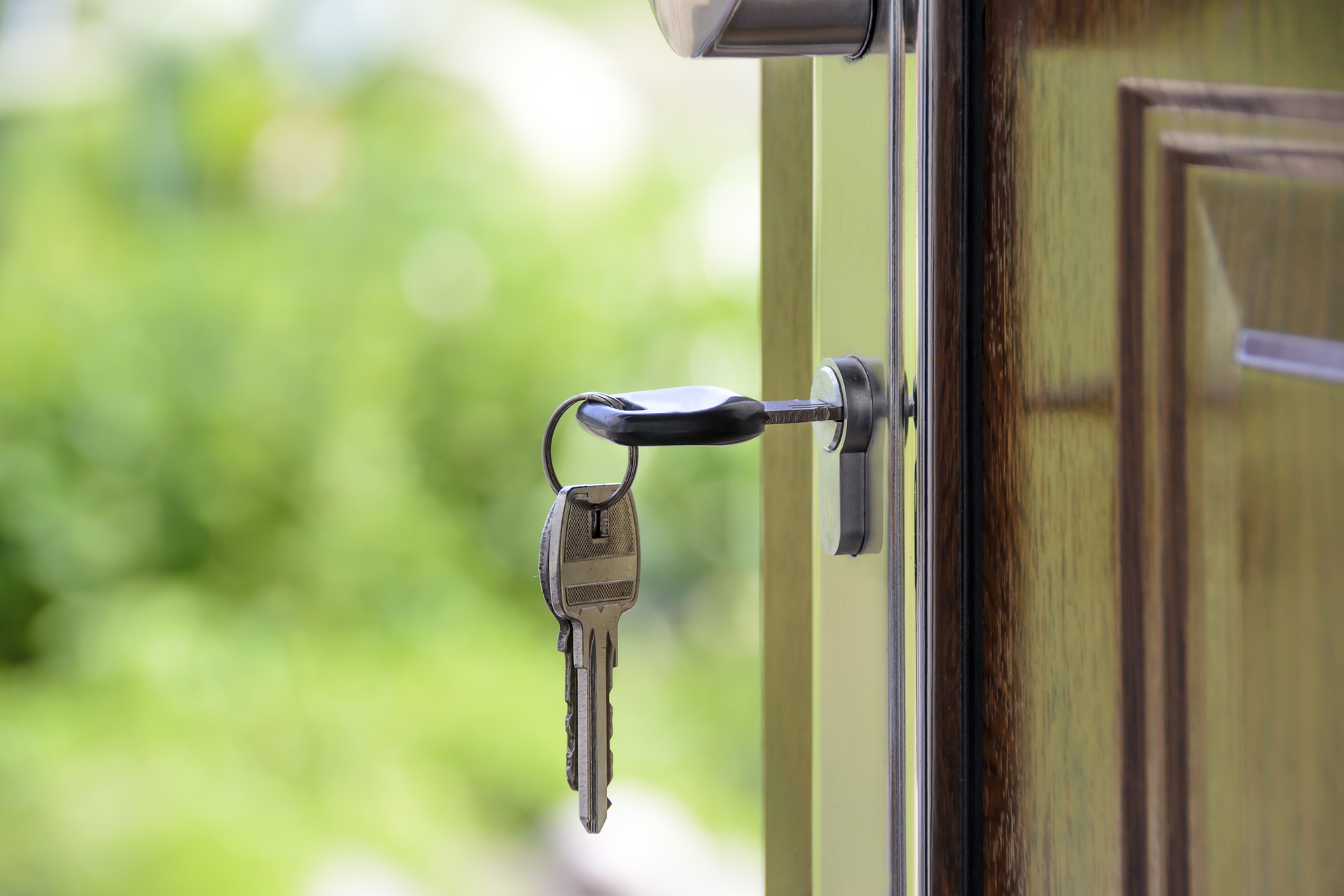By Jared Brey.
Peoples’ Self-Help Housing, a nonprofit affordable housing developer working in California’s Central Coast, doesn’t always find itself allied with the San Luis Obispo Chamber of Commerce. But with the state’s housing crisis being what it is, advocacy groups that aren’t used to working together are increasingly finding themselves pushing in the same direction.
Earlier this month, the San Luis Obispo Tribune reported, the Board of Supervisors in San Luis Obispo County voted to amend its inclusionary housing policy to squeeze more funding for affordable housing production out of market-rate development. Thanks to the revision, multifamily developments will need to set aside 8 percent of their units at affordable rates for various income levels. That part of the new plan is similar to what’s been in place for several years, and it’s not likely to produce a great many new affordable units on its own. Airlin Singewald, a county senior planner, says that only one project has actually incorporated affordable units in the decade or so that an inclusionary housing policy has been on the books. Going forward, developers that don’t incorporate affordable units will be required to pay an in-lieu fee on a new tiered structure. This could increase the yearly revenue from that fee from less than $50,000 to more than $1 million, according to Singewald.
As far as inclusionary housing policies go, San Luis Obispo’s 8 percent requirement is fairly modest. But the update was a long time in the making. The county first adopted an inclusionary housing policy back in 2008, just as the housing market was crashing, with plans to phase it in over five years and to eventually raise the affordable unit requirement to 20 percent of the total in most new developments. But with the economy in recession, the Board of Supervisors slowed down on increases.
“It wasn’t until late 2016 that we could get to year two,” says Supervisor Bruce Gibson. “There just wasn’t the political will to do it.”
[divider] [/divider]





